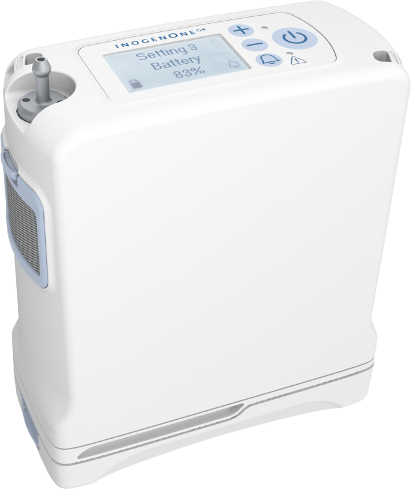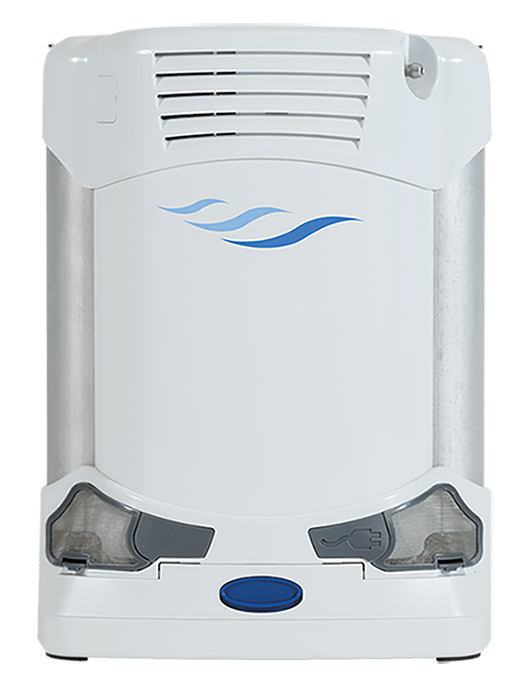
For many seniors, a reverse mortgage can provide a way to tap into their home’s equity without having to sell or move. However, there may come a time when a homeowner with a reverse mortgage decides to sell their home, perhaps to downsize or move to a senior living community. In this situation, it’s essential to understand how selling a house with a reverse mortgage works, the financial implications involved, and what steps to take to ensure the process goes smoothly. This article will walk you through what you need to know about selling your house when you have a reverse mortgage.
Can you sell your house if you have a reverse mortgage?
The short answer is yes, you can sell your home even if you have a reverse mortgage. A reverse mortgage doesn’t prevent you from selling your home; it simply means the loan must be repaid once the house is sold. Reverse mortgages allow homeowners to borrow against the equity in their home, but as with any loan, it must be repaid. When the home sells, the proceeds are first used to pay off the reverse mortgage balance, which includes the principal, accumulated interest, and any fees associated with the loan. The remaining proceeds from the sale belong to the homeowner.
Key differences when selling a house with a reverse mortgage
While selling a home with a reverse mortgage is similar to selling one with a traditional mortgage, there are a few key differences. First, the homeowner must notify their reverse mortgage lender that they are selling the property. This step is important because the lender must provide a payoff amount, including the outstanding loan balance and any accrued interest and fees.
Additionally, the homeowner should be prepared for a slightly different timeline. Since reverse mortgages often involve more paperwork and verification than a traditional mortgage, closing the sale may take a little longer. The process won’t necessarily be difficult, but the timeline is something to keep in mind when planning your move, especially if you are transitioning to senior living and have specific deadlines.
Cost considerations when selling a house with a reverse mortgage
One of the most important aspects of selling a house with a reverse mortgage is understanding how much money will be left after repaying the loan. When you sell your home, the reverse mortgage lender will require repayment of the loan balance, which includes the amount you originally borrowed, accumulated interest, and any fees that have been added over the life of the loan.
In addition to paying off the reverse mortgage, you’ll need to account for standard home-selling expenses. These might include real estate agent commissions, closing costs, transfer taxes, and any necessary repairs to prepare the home for sale. All these costs can add up, and it’s important to have a clear understanding of how much will be deducted from your sale proceeds before making plans for the next phase of your life.
Do you need a real estate agent experienced with reverse mortgages?
While you are not required to hire a real estate agent specializing in selling homes with reverse mortgages, doing so can offer several advantages. An agent familiar with the reverse mortgage process will understand the specific steps involved, such as notifying the lender, obtaining a payoff quote, and handling any additional paperwork required for the sale.
A knowledgeable agent can also help guide you through the nuances of the transaction and ensure there are no surprises along the way. They may have experience dealing with reverse mortgage lenders, which could streamline the process and help you avoid any unnecessary delays. Ultimately, working with an experienced agent can provide peace of mind, knowing that the sale will be handled efficiently.
What happens if your reverse mortgage is underwater?
An important consideration when selling a house with a reverse mortgage is the possibility that the loan could be underwater, which means that the amount owed on the reverse mortgage exceeds the current market value of the home. Several factors could cause this, such as a decline in property values or if the homeowner has borrowed a significant portion of the home’s equity through the reverse mortgage.
If your reverse mortgage is underwater, there’s no need to panic. Reverse mortgages are nonrecourse loans, which means that you or your heirs will not owe more than the home is worth at the time of sale. In this scenario, the lender will accept the proceeds from the sale, even if they don’t fully cover the loan balance. The remaining balance is essentially forgiven, and neither you nor your estate will be held responsible for the difference. However, there will be no proceeds left for the homeowner after the sale.
Wrapping it up
Selling a house with a reverse mortgage is entirely possible, but it’s important to understand the process and how it will impact your finances. Repaying the reverse mortgage will be the first priority once the home is sold, which means you’ll need to consider how much of the sale proceeds will be left after paying off the loan and covering closing costs and other expenses. While hiring a real estate agent with experience in reverse mortgage transactions isn’t a requirement, it can be a helpful step to ensure everything goes smoothly. With careful planning and professional guidance, selling a house with a reverse mortgage can be a manageable process, helping you transition to the next phase of your life while using the proceeds to fund senior living expenses.








